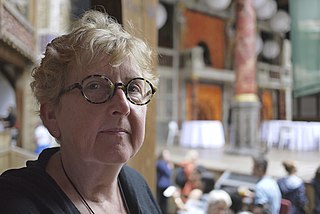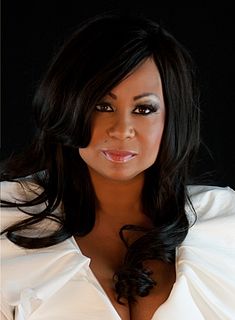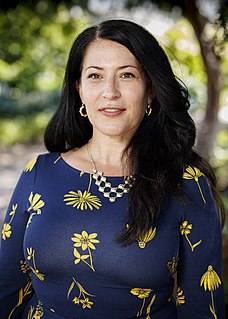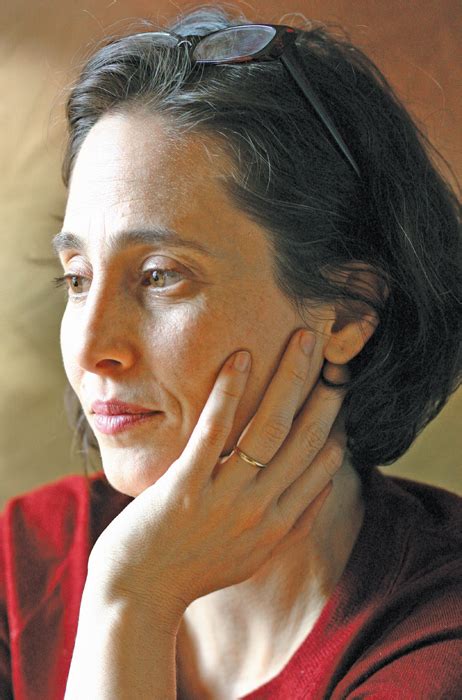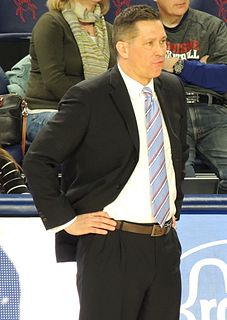A Quote by Mark Nepo
I started out wanting to write great poems, then wanting to discover true poems. Now, I want to be the poem.
Related Quotes
I started out in graduate school to be a fiction writer. I thought I wanted to write short stories. I started writing poems at that point only because a friend of mine dared me to write a poem. And I took the dare because I was convinced that I couldn't write a good poem... And then it actually wasn't so bad.
I wrote a number of poems about Kah Tai lagoon, when Safeway was building that huge, ugly store down there where I used to love to watch the birds nest. That political poem, or environmental poem, was unsuccessful because Safeway built there anyway. And yet the poem has something to say today, as it did then. And I speak here only of my own poems. The agenda for every poet has to be different because most of us write from direct human experience in the world.
I was walking every morning, and I'd take my iPod and paper and pen.?As I walked, I wrote a poem, and then I'd come home - and sometimes it's legible, sometimes not - I typed the poem up. So I have a new, yet to be published, collection of poems now. It's called Walker's Alphabet, and among other things, it is about walking. My most recent collection of poems in 2010, incidentally, was titled WALKING backwards.
It's true, there aren't many explicit references to Canada in my book. And not many explicit references to the U.S., either. I try to fill my poems with enough real, observed detail that the poems create a believable world - but I don't write poems for the sake of telling my own story. My life is not important or interesting enough to warrant that kind of documentary. Instead I try to use my experience as a way of understanding situations that are common to many people. I want readers to project their own lives onto my poems.
One of things I write about a lot is the role of women. An older friend of mine said that she feels like there's always a tension between wanting to be free and wanting to be cherished. I think that's one of the things that my whole book speaks to, wanting to break out of the confines of the roles that are prescribed for women and yet at the same time, not wanting to be totally free. You want to have intimate relationships. It's that bursting out of confinement.
I'm an old man, and I want to lay out what I think I understand. With poems like "Traitor," I'm examining my feelings, my convictions, my understanding of the world, and testing whether they're really true. So that when you hang your holster up, you can make a judgment on whether you have any integrity at all. That's what I care about. That's why I wrote it. If I can't write that poem, then I've got it wrong somehow.




